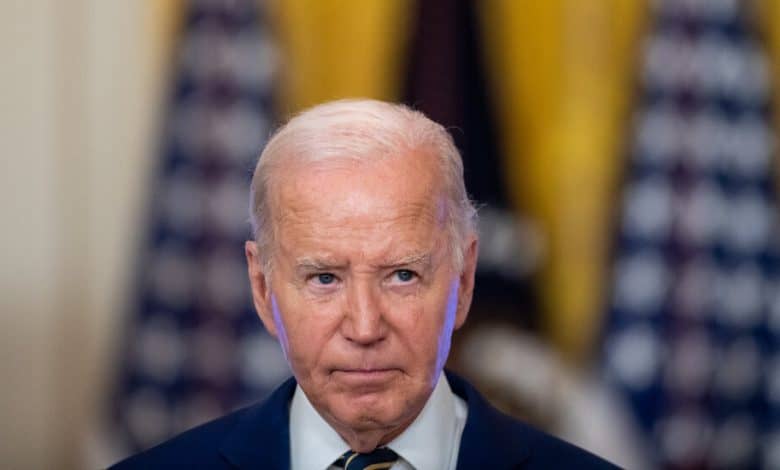Biden Has a Historically Strong Job Market. It May Not Be Enough.

President Biden is presiding over a job-creation boom that would have gotten almost any of his predecessors re-elected in the postwar era.
But it may not be enough to win Mr. Biden a second term because of a simple truth about America’s post-Covid economy: Voters appear to care far more about high prices right now than they do about plentiful work.
That’s why Friday’s surprise, blockbuster jobs report was not seen by analysts as a full success for the president as he ramps up his campaign for November. Some economists worried that the hot pace of employment and wage growth would help persuade Federal Reserve officials to hold off on cutting interest rates until after the election. That would be a blow to Mr. Biden, who is hoping to show voters progress in bringing down the cost of mortgages, car loans and other borrowing costs that move with Fed policy.
“The stronger-than-expected May employment report remains consistent with our monetary policy outlook for staying on hold,” economists at BofA Securities wrote on Friday. They said they expected the Fed to begin cutting in December.
The chance that Fed policy could matter for this election is largely a function of the rapid inflation the nation experienced in recent years, as it emerged from the pandemic recession. After two decades of relatively slow price growth, the inflation rate surged to its highest level in 40 years during Mr. Biden’s presidency. It has since fallen toward more normal levels, but remains higher than the Fed’s target rate of 2 percent.
That price growth has muddied Mr. Biden’s jobs pitch. No incumbent president since 1948, the dawn of modern unemployment statistics, has lost a campaign with an unemployment rate as low as the one Mr. Biden now enjoys — 4 percent, a slight increase from earlier in his presidency. (President Lyndon B. Johnson had a lower rate in 1968, 3.5 percent, but he chose not to run.)